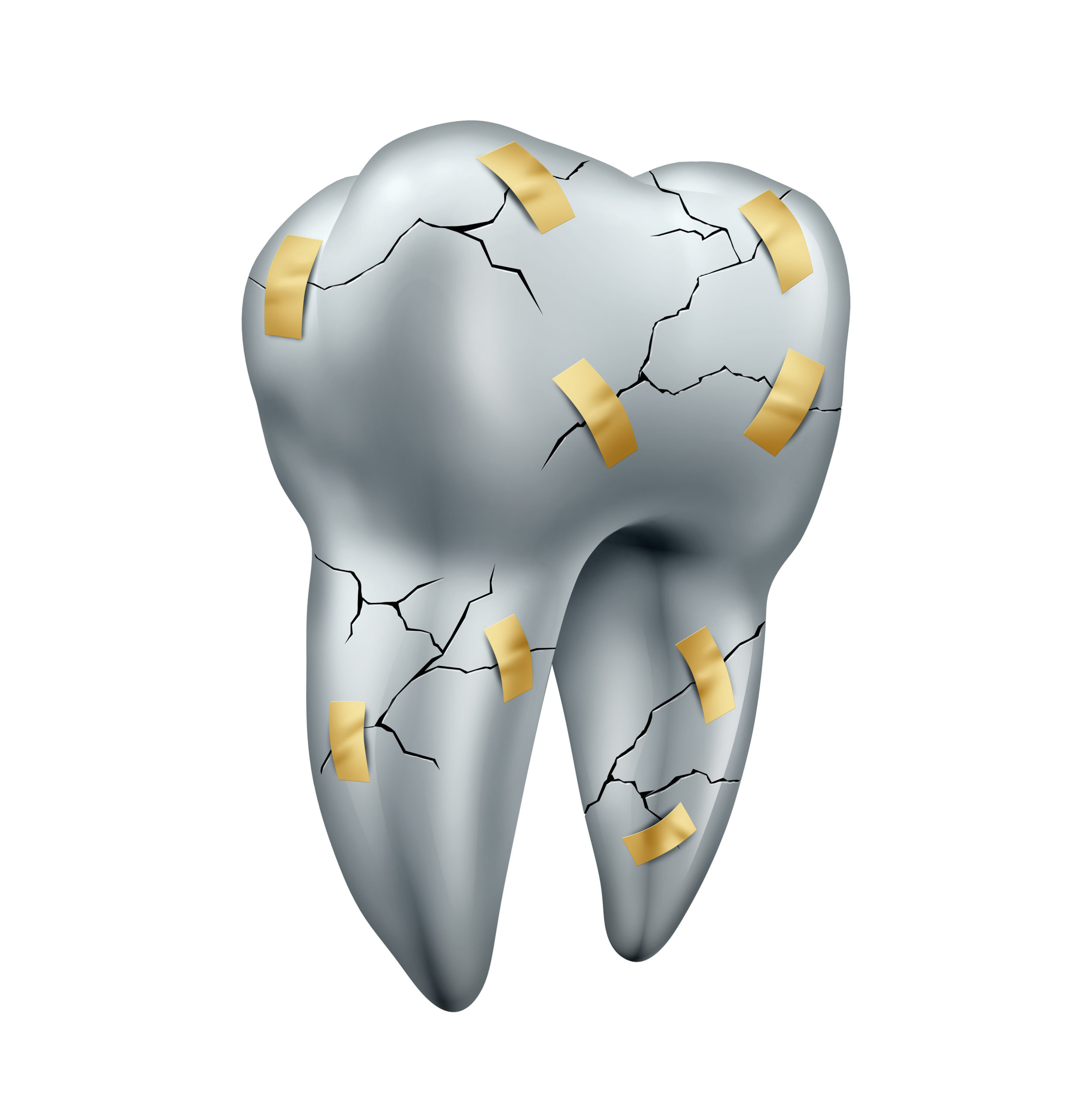
The Problem With Teeth Grinding – It’s More Than Just A Mere Annoyance
‘Do you grind your teeth?’ Did your dentist ask you this question at your last dental check-up? Chances are you didn’t know how to answer that question. The truth is most people aren’t even aware that they grind their teeth. This is either because they only do it when they’re asleep or preoccupied with some other tasks. It’s only when their partner tells them or they experience advanced symptoms that they realise they’ve been grinding their teeth.
Teeth grinding is also known as bruxism. It is a condition in which a person involuntary grinds, clenches or gnashes their teeth. It sounds innocuous. After all, what harm can teeth grinding do? A lot actually.
How Bruxism Impacts Your Dental Health
When you clench, grind or gnash your teeth in your sleep, you put a lot of pressure on your teeth. The force with which you grind your teeth at night is typically much higher than the force you use for chewing food. This excessive pressure on the teeth can result in:
- More wear and tear on the teeth than normal
- Cracked tooth enamel resulting in a weakened tooth structure
- Teeth sensitivity if the dentin is exposed
- Painful or loose teeth
- Broken teeth or broken dental restorations such as fillings, bridgework or crowns
- Strain on the jaw joint
- Limited movement in the jaw joint
- Soreness or pain in the jaw muscles
- Facial pain from clenching the jaw muscles
Teeth loss is rare and only happens in extreme cases of bruxism.
What Causes Teeth Grinding And What Are The Symptoms?
Teeth grinding can be caused from multiple factors ranging from stress, anxiety, snoring or obstructive sleep apnoea to lifestyle choices such as tobacco, caffeine or alcohol. Taking antidepressants or amphetamines may also cause bruxism in some people.
You may not know you’re grinding your teeth at night but you’ll experience the after-effects in the morning. If you experience any of these symptoms, you may be grinding your teeth while sleeping:
- Headache
- Toothache, particularly immediately after waking up
- Stiff, aching jaws, which is especially noticeable while having breakfast
- Painful jaw joint
- Stiffness or pain in the face and temples immediately after waking up
- Temperature-sensitive teeth
- Loose, shaky teeth
- Chipped or cracked tooth enamel
Teeth grinding is merely an annoyance and the symptoms are mild at first. However, it can cause serious dental damage if left untreated. You must speak to your dentist if you notice any of the above symptoms and suspect you may be grinding your teeth.
Treatment Options For Teeth Grinding
At our dental clinics in Springfield and Richlands our dentist will first do a complete dental check-up and look for other signs to confirm that it is bruxism. They will then recommend the best treatment option for you depending on your symptoms.
If any of your teeth, fillings or crowns are chipped, cracked or worn down, they will need to be repaired. This is important in order to restore your teeth and prevent further damage.
If the forceful grinding is wearing down your teeth, your dentist may recommend wearing a mouthguard at night. Also known as a bite-splint, this device fits over your teeth while you sleep. When you grind your teeth, the guard gets worn down, leaving your teeth protected and undamaged.
These are just remedial measures however. Our dentists will help you get to the root cause of your bruxism and suggest ways to prevent it altogether.
